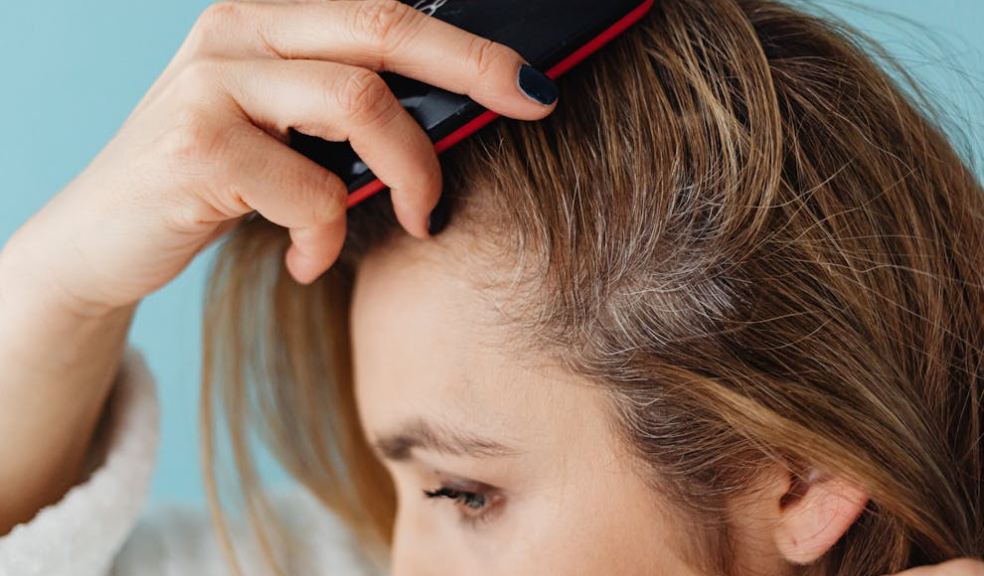
Feed Your Follicles: How Nutrition Impacts Hair Growth
Many experts say healthy hair begins beneath the surface but is this really so? While countless shampoos and serums promise to revive dull or thinning hair, what we eat plays a significant role, too.
The hair follicle is a living structure that depends on blood-borne nutrients for strength and renewal. If the body lacks essential vitamins and minerals, even the best topical treatments will struggle to deliver visible results. Find out how nutrients and vitamins to support hair growth assist the biological processes that determine the quality, density and longevity of our hair.
The Science of Hair Nutrition
Hair follicles are among the most metabolically active tissues in the body. They require constant nourishment to sustain keratin production and continuous regeneration. Inadequate nutrition can shorten the growth phase of the hair cycle, leading to thinning or slower regrowth.
The Role of Vitamins in Follicular Health
A range of nutrients plays a crucial role in maintaining healthy follicles. Biotin, iron, zinc and vitamin D are all directly linked to the regulation of follicular activity and keratin synthesis. A diet rich in vitamins to support hair growth, therefore, helps maintain a steady cellular turnover at the root.
How Nutrients Influence Hair Cycles
Each strand of hair moves through three stages: the growth (anagen), transitional (catagen) and resting (telogen) phases. Consistent nutrient intake helps prolong the anagen phase, ensuring more hairs remain actively growing at any given time. The healthier the follicle, the longer it can maintain structural integrity and natural shine.
Essential Vitamins to Support Hair Growth
Just as the body requires balanced nutrition for general health, the scalp depends on key vitamins to maintain a productive environment for follicles.
B-Complex Vitamins and Iron
B-group vitamins, including biotin and niacin, play a vital role in energy metabolism and the formation of keratin, the protein that forms hair structure. Iron is equally significant, delivering oxygen to follicle cells and supporting rapid division during growth.
Vitamin D, Zinc and Selenium
Vitamin D helps activate follicle receptors and encourages dormant follicles to re-enter the growth cycle. Zinc supports scalp health and prevents inflammation, while selenium acts as a natural antioxidant that protects hair from oxidative stress. Products developed to focus on vitamins to support hair growth and other nutrients can be valuable for maintaining healthy, active follicles.
Beyond Diet: Absorption and Lifestyle Factors
Even the most nutrient-rich diet will fail to produce strong, glossy hair if the body cannot absorb what it consumes.
Stress, Digestion and Blood Flow
Chronic stress increases cortisol levels, which can interfere with nutrient uptake and restrict blood flow to the scalp. Similarly, poor digestion and low iron absorption reduce the availability of essential compounds. A balanced lifestyle, hydration and consistent sleep all help the body utilise vitamins to support hair growth more efficiently.
Feed Your Hair from Within
While topical treatments may enhance the surface appearance of hair, lasting vitality begins with internal nourishment. For those seeking science-backed support beyond dietary measures, GR-7 offers natural formulations designed to complement the body’s biology. By addressing follicle health at its foundation, it represents a holistic approach to sustaining strong, healthy hair for the long term.













